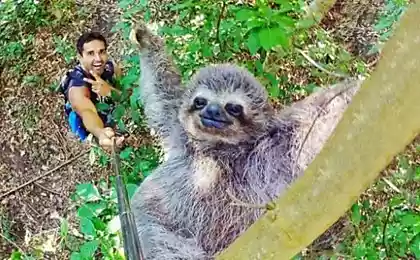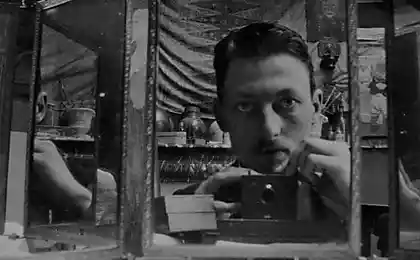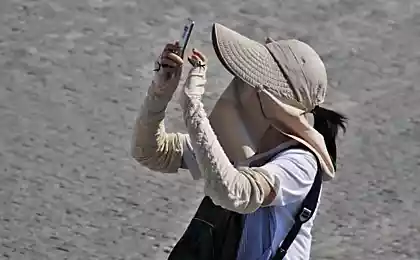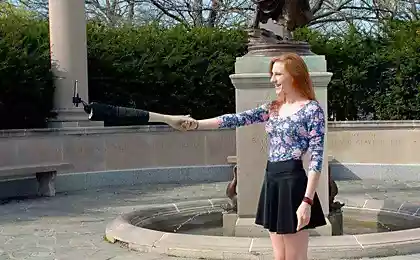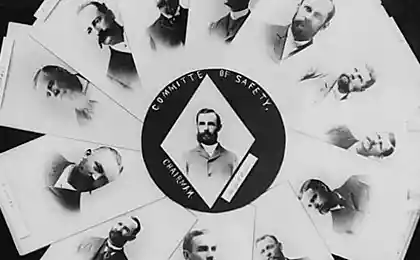542
Why we love other people's self
It is an ancient instinkt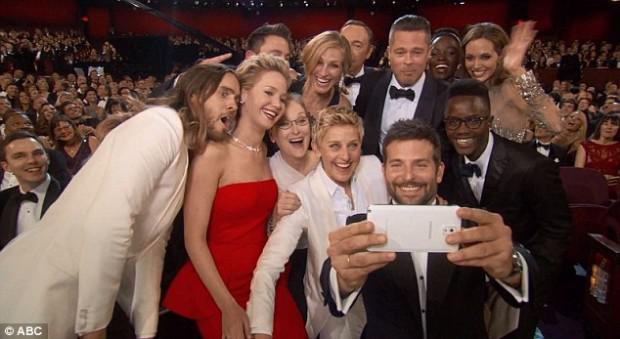
Many people like to look at other people's self, and the situation around is not important - we do not mind self toilets cafe, for example. This is because such images awaken the ancient instinct that we all have.
In the human brain there is a certain area, is responsible for the recognition of the human face. Almost 20 years ago, a neuroscientist at MIT Kanvisher Nancy called her fusiform area. It was one of the first areas of the visual system of the brain, which scientists have identified a specific function.
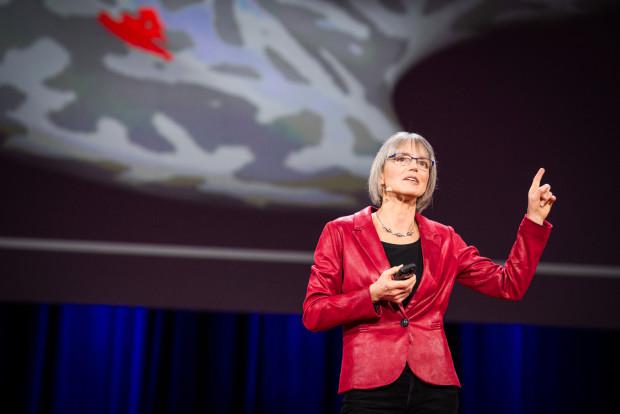
As you might guess, there are many theories about why facial recognition have some evolutionary advantage. This is probably due to the recognition of relatives and friends, as well as their understanding without words.
Does it matter to explain why we rejoice when we see in instagrame photos of our friends at a party or just a get-togethers. The look of their faces makes us feel kinship and affinity. We instinctively believe that they smile just us or make funny faces to cheer us. It does not matter what others may have thousands of followers, and he did, probably smiling man holding a smartphone - it's one of the reactions that we simply can not control.
So the instinctive reaction is also formed in the hypermodern conditions. If we lived 50,000 years ago, the joy of facial recognition would be limited by our group of hunter-gatherers. Today, thanks to the self virtually anyone can become closer to us.
via factroom.ru

Many people like to look at other people's self, and the situation around is not important - we do not mind self toilets cafe, for example. This is because such images awaken the ancient instinct that we all have.
In the human brain there is a certain area, is responsible for the recognition of the human face. Almost 20 years ago, a neuroscientist at MIT Kanvisher Nancy called her fusiform area. It was one of the first areas of the visual system of the brain, which scientists have identified a specific function.

As you might guess, there are many theories about why facial recognition have some evolutionary advantage. This is probably due to the recognition of relatives and friends, as well as their understanding without words.
Does it matter to explain why we rejoice when we see in instagrame photos of our friends at a party or just a get-togethers. The look of their faces makes us feel kinship and affinity. We instinctively believe that they smile just us or make funny faces to cheer us. It does not matter what others may have thousands of followers, and he did, probably smiling man holding a smartphone - it's one of the reactions that we simply can not control.
So the instinctive reaction is also formed in the hypermodern conditions. If we lived 50,000 years ago, the joy of facial recognition would be limited by our group of hunter-gatherers. Today, thanks to the self virtually anyone can become closer to us.
via factroom.ru








